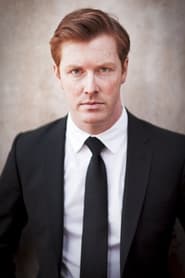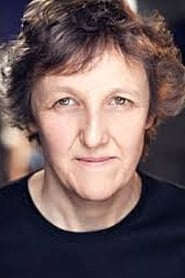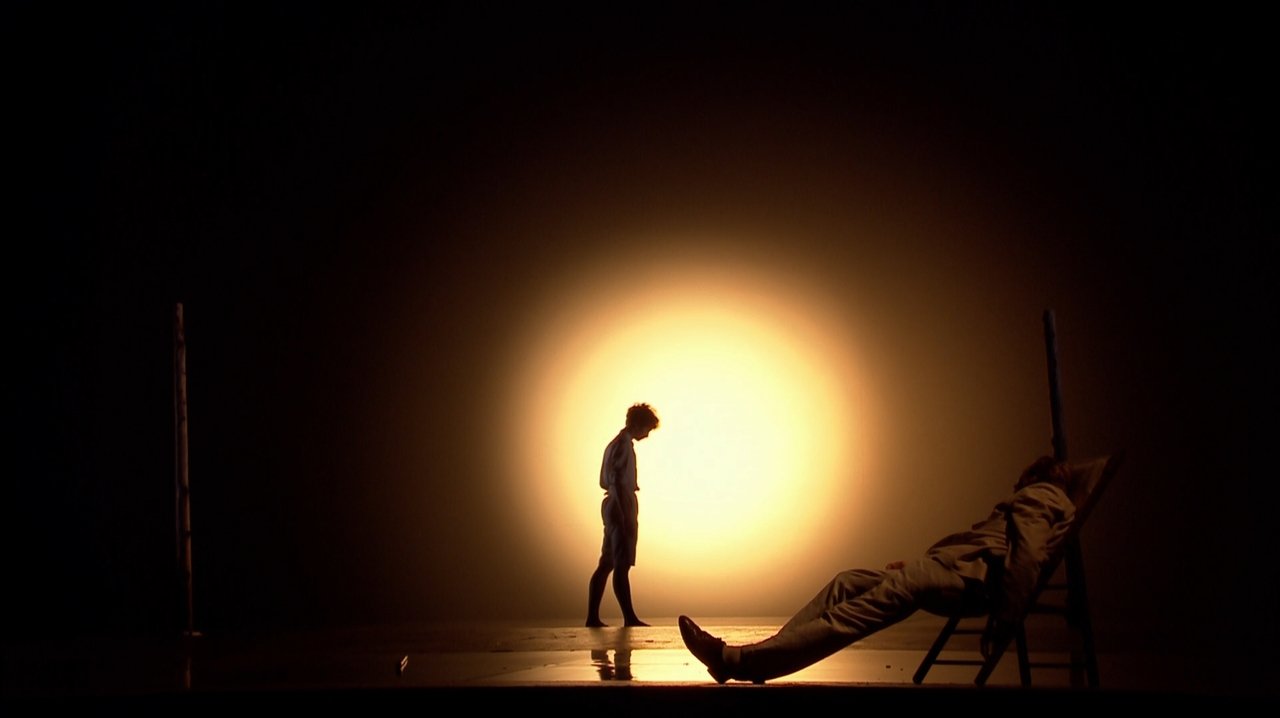
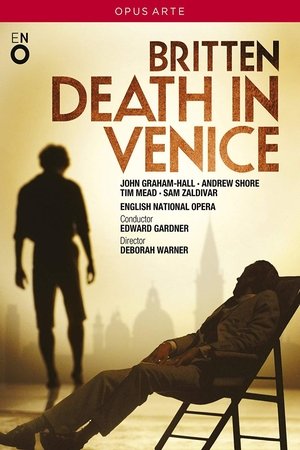
Death in Venice(2013)
At the English National Opera, Deborah Warner has been directing Benjamin Britten's final opera, Death in Venice, conducted by Edward Gardner.
Movie: Death in Venice
Top 10 Billed Cast
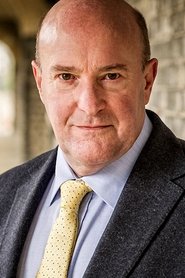
Traveller / Elderly Fop / Gondolier / Hotel Manager / Hotel Barber / The Player / Dionysus
Tadzio
Polish Mother
Her Daughter
Her Daughter
Jaschiu, Tadzio's Friend
Hotel Porter
Similar Movies
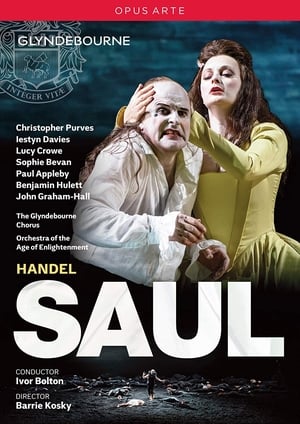 0.0
0.0Saul(en)
Glyndebourne's Saul stole the summer and had critics raving. The Guardian (****) applauded virtuoso stagecraft from director Barrie Kosky in his debut production there, calling the show a theatrical and musical feast of energetic choruses, surreal choreography and gorgeous singing. For The Independent, which ranked it amongst five top classical and opera performances of 2015, there was no praise too high for the cast. The Orchestra of the Age of Enlightenment under Ivor Bolton sparkles from the pit with period panache, and designer Katrin Lea Tag's exuberant costumes (The Times ****) set the Old Testament story in Handel's time, with a witty twinge of the contemporary.
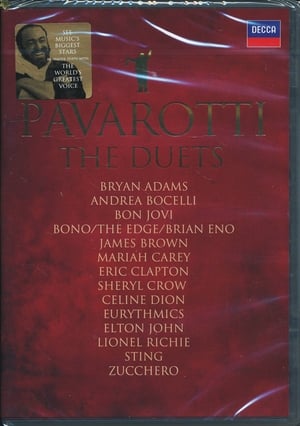 0.0
0.0Pavarotti The Duets(en)
LUCIANO PAVAROTTI was the rare artist who could easily bridge the divide between classical and popular music. Together with an impressive roster of the best-known names in rock, pop and jazz, Pavarotti entertained millions of people around the world with his "Pavarotti & Friends" concerts. This release is the first time that these tracks have been brought together in one album! Rarely has such a glittering array of singing legends from such varied genres been brought together at one time--on both DVD and CD! Featuring Bryan Adams, Andrea Bocelli, Bon Jovi, Bono/The Edge/Brian Eno, Mariah Carey, Eric Clapton, Sheryl Crow, Celine Dion, The Eurythmics, Elton John, Lionel Richie, Frank Sinatra, Sting and Zucchero.
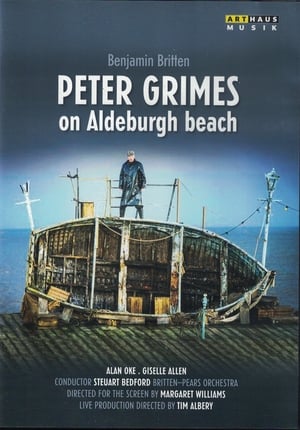 0.0
0.0Peter Grimes on Aldeburgh Beach(en)
An open-air staging by Aldeburgh Music of Benjamin Britten's Peter Grimes, on the beach that inspired the opera. A small seaside community struggles to accept a fisherman.
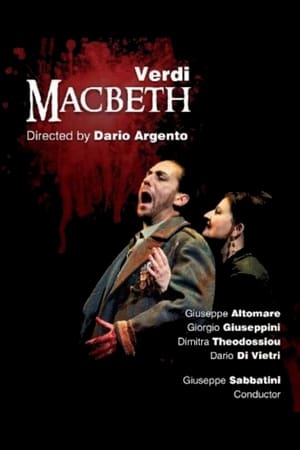 7.3
7.3Macbeth(it)
Giuseppe Verdi's opera "Macbeth" staged by Dario Argento, directed by Marco Scalfi.
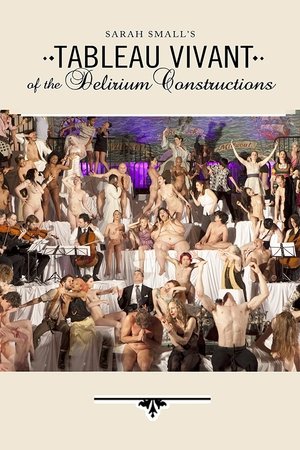 6.3
6.3Tableau Vivant of the Delirium Constructions - Skylight One Hanson, 2011(en)
A 120-participant tableau vivant by Sarah Small.
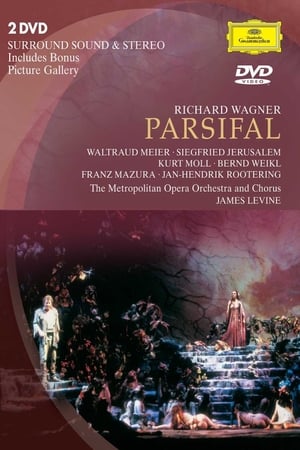 10.0
10.0Richard Wagner: Parsifal(de)
The Met production easily has the most beautiful staging, designed by Otto Schenck, who also produced the fabulous set for the Met's previous Ring cycle. Kurt Moll is a wonderful Gurnemanz, but compared to his studio recording under Karajan a decade earlier it has lost some of its original velvety body and luster. As Parsifal, Jerusalem is starting to show some wear and tear on his voice at the Met in 1992 as opposed to his prime form at Bayreuth in 1981, but is still quite good; only Placido Domingo could compete with him in the role at that time.
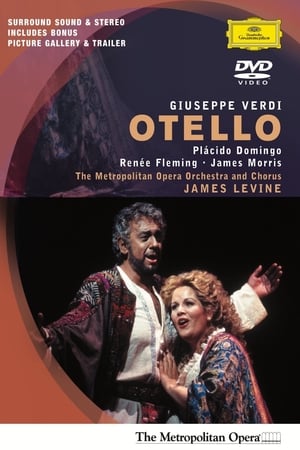 4.5
4.5Otello(it)
Verdi’s monumental score is fully the equal of Shakespeare’s famous tragedy—and both demand great actors. This is one performance where both playwright and composer are well served. Plácido Domingo’s Otello is one of the glories of the operatic world, beautifully sung and so commandingly acted that audiences are devastated by the end. Renée Fleming’s ravishingly beautiful Desdemona is deeply moving, and as Iago, James Morris is as beguiling as he is menacing. Under James Levine’s conducting the Met orchestra and chorus are vital characters in the drama.
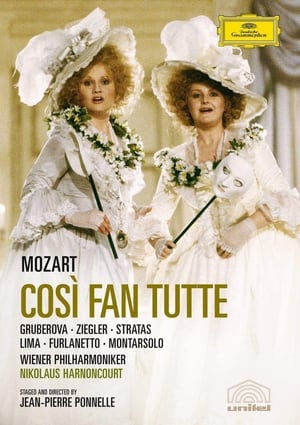 0.0
0.0Così fan tutte(it)
Nikolaus Harnoncourt conducts the Wiener Philharmoniker in this filmed studio performance of Mozart's opera recorded in 1988.
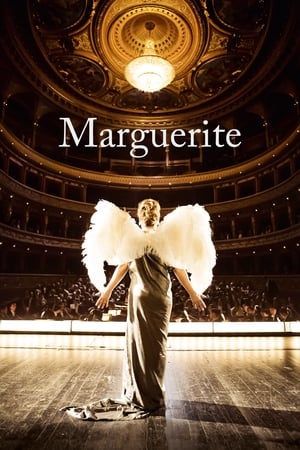 6.4
6.4Marguerite(fr)
Paris in the 1920s. Marguerite Dumont is a wealthy woman with a passion for music and the opera. For years, she has performed regularly for a circle of guests. But Marguerite sings tragically out of tune and no one has ever told her. Her husband and her close friends have always encouraged her in her illusions. Things become very complicated the day she gets it into her head to perform in front of a genuine public, at the Opera.
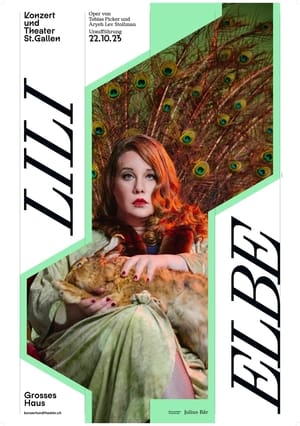 10.0
10.0Lili Elbe(en)
The painter Lili Elbe was the first person to have gender confirmation surgery in the 1930s. The homonymous opera is a glimpse into the life of Lili Elbe and her wife Gerda Wegener (also a famous painter) through Lili's transition at a time when such surgery was still completely uncharted territory.
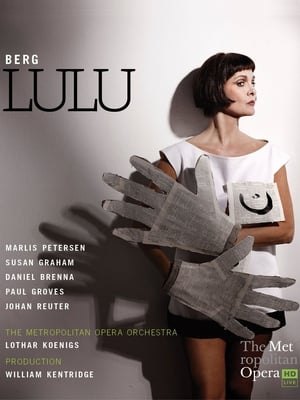 10.0
10.0The Metropolitan Opera: Lulu(de)
William Kentridge’s multi-layered production of Berg’s masterpiece stars charismatic soprano Marlis Petersen in the title role—the enigmatic and alluring woman who is equal parts femme fatale, innocent girl, and abused victim. The men around her, whose lives she forever alters, are Johan Reuter as newspaper publisher Dr. Schön; Daniel Brenna as his composer son, Alwa; Paul Groves as the Painter; and Franz Grundheber as Schigolch. Susan Graham sings Countess Geschwitz, and Lothar Koenigs conducts Berg’s landmark score.
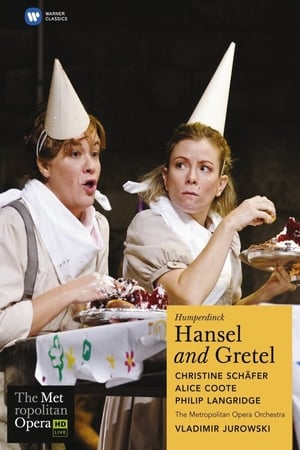 0.0
0.0The Metropolitan Opera: Hansel and Gretel(en)
This deliciously dark take on the beloved Brothers Grimm fairy tale, appealing to audiences of all ages, was part of the Met’s popular English-language holiday series. Alice Coote and Christine Schäfer star as the famous siblings lost in the woods, who battle the ravenous Witch—a zany portrayal by tenor Philip Langridge—while the Met orchestra, under the baton of Vladimir Jurowski, glories in the rich, folk-inspired score.
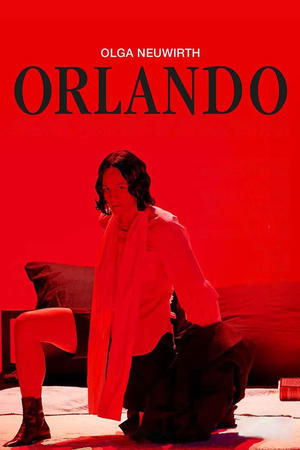 0.0
0.0Orlando(en)
Olga Neuwirth, for a long time one of the great composers of the present, succeeds with this opera in creating a captivating arc across many musical genres. It’s an exciting, socially critical production by Polly Graham who puts a fantastically singing and playing Kate Lindsey in the center of the action.
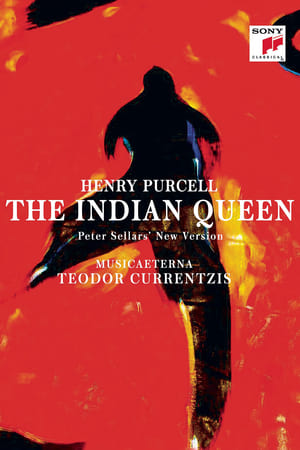 9.0
9.0Purcell: The Indian Queen(en)
A superb adaptation of Purcell's the Indian Queen, staged and directed by Peter Sellars and performed in 2013 at the Teatro Real in Madrid. Peters Sellars combines John Dryden and Robert Howard's libretto with a short-story written by the Nicaraguan writer Rosario Aguilar, La niña blanca y los pájaros sin pies.
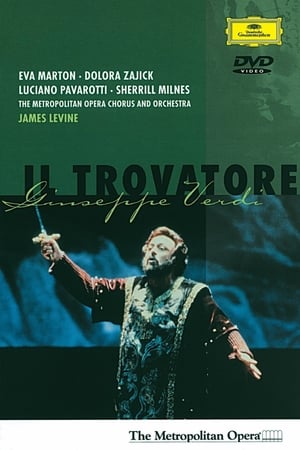 8.0
8.0Il Trovatore(it)
Luciano Pavarotti brings his spectacular voice and artistry to one of the most famous of all tenor roles—Manrico, the ardent troubadour, trapped in an impossible situation by forces beyond his control. The sensational Dolora Zajick, only days after her Met debut, gives an incandescent performance as the demented gypsy Azucena, thirsting for revenge against Count Di Luna (Sherrill Milnes). Eva Marton is the passionate Leonora, desired by both Manrico and the Count, and James Levine brilliantly leads the Met’s orchestra and chorus in some of Verdi’s best-known music.
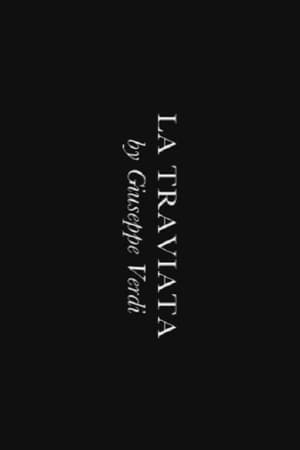 0.0
0.0La Traviata - The Met(it)
James Levine leads a remarkable cast in one of Verdi’s most enduringly popular operas and brings fresh insights to this beloved score. Ileana Cotrubas is poignant and touching as Violetta, the consumptive courtesan who finds true love with Alfredo, sung with style and passion by the great Plácido Domingo. Cornell MacNeil is Germont, Alfredo’s father, who forces the two apart, setting in motion events that lead to a shattering and tragic conclusion. Colin Graham’s production features design by Tanya Moiseiwitsch and choreography by Zachary Solov.
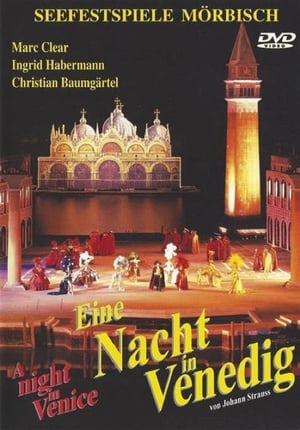 6.0
6.0A Night in Venice(de)
Johan Strauss Eine Nacht in Venedig (1883) together with Die Fledermaus and Die Zigeunerbaron, has long been among the three most popular of the more than a dozen operettas composed by the 19th c. Waltz King. This Rudolf Bibl conducted performance was recorded live during the Seefestspiele Moerbisch Austria Festival in 1999 and features Marc Clear, Gideon Singer, Evelyn Schörkhuber , Ingrid Habermann, and Anton Steingruber.
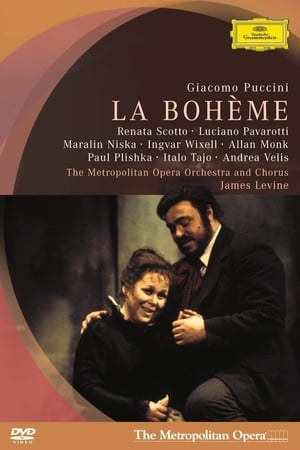 10.0
10.0La Bohème(it)
Puccini’s heartbreaking story of young love in the garrets of Belle Epoque Paris has attracted many famous singers through the years. But with James Levine at the helm and the starry duo of Luciano Pavarotti and Renata Scotto as Rodolfo and Mimi, every bit of emotion in the score pours across the footlights and seduces the audience. In this case, the audience was in the millions since this was the very first in the “Live from the Met” series of telecasts. The evocative production is by Fabrizio Melano, designed by Pier Luigi Pizzi.
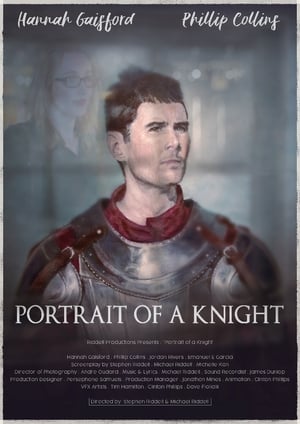 0.0
0.0Portrait of a Knight(en)
Portrait of a Knight is a musical romance about the way in which historic ideals inform contemporary urban life. Rachel is a young archivist living and working in Wellington, New Zealand. Feeling alone and disconnected from life, she projects her romantic fantasies onto the paintings she loves, until one day her song brings Reginald - a Knight of the Realm - to life. His carefree innocence and zest for life begin to open Rachel up to the beauty around her, but the fates have a way of making trouble when miracles occur...
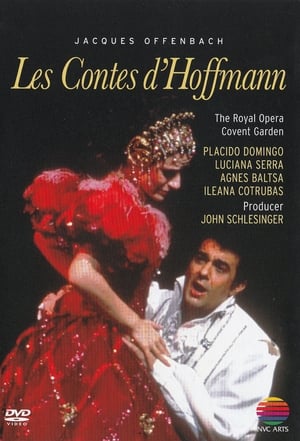 6.6
6.6Les Contes d'Hoffmann(fr)
Seeking to exorcise the failure of his current love affair, the poet Hoffmann tells the tales of his three past loves - the doll-like Olympia, the high-class courtesan Giulietta, and the ambitious but delicate Antonia - and recalls how each was thwarted by the evil influence of his rival. In this production by the distinguished film director, John Schlesinger, with spectacular designs by Maria Bjornson and William Dudley, Offenbach's nightmare world is brought to life. The all-star cast is headed by Placido Domingo as Hoffmann: his three loves are Ileana Cotrubas, Anges Baltsa and Luciana Serra and the manifestations of his rival are sung by Geraint Evans, Robert Lloyd, Siegmund Nimsgern and Nicola Ghiuselev. The score, which includes such favourites as the "Barcarolle" and the "Doll's Song", is conducted by Georges Pretre.

